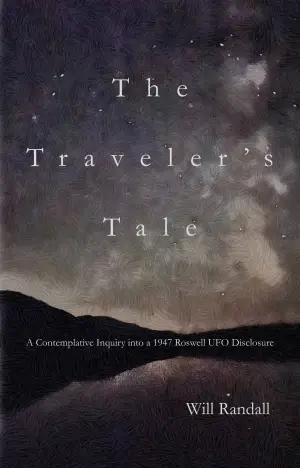Book Review: Hazel Says No by Jessica Berger Gross
When I stumbled upon Hazel Says No, I didn’t just see a new release; I felt a call to explore a narrative that promised to delve into the complexities of growing up, identity, and the murky waters of morality. Jessica Berger Gross, known for her non-fiction work, makes her fiction debut with this poignant story set against the backdrop of small-town Maine—a world filled with the vibrancy of high school dramas, the weighty silence surrounding sexual harassment, and familial bonds that tie and tear. Intrigued? I certainly was, and I couldn’t wait to dive in.
At its core, Hazel Says No tells the story of Hazel, a high school senior who grapples with the harrowing realities of life as she navigates inappropriate dynamics with an educator and the oppressive expectations of her small-town community. Told through multiple perspectives, Gross weaves a narrative that is both timely and timeless. The emergence of Hazel’s voice in the midst of her chaotic environment resonates deeply, echoing the often turbulent journey of young adulthood.
What struck me most was Gross’s ability to evoke the discomfort of not speaking out, perfectly encapsulated in the quote where Hazel finds herself frozen in a moment of terror, unable to react to her principal’s predatory behavior. It made me reflect on instances in life we all experience—namely, the tension between authority and self-advocacy. Hazel’s character felt remarkably real, as did the flawed adults around her, which I found both engaging and frustrating. It heightened my empathy but also left me exasperated by the characters’ hesitations.
The distinct writing style is refreshingly candid; Gross employs a raw and relatable tone that makes you feel as if you’re listening to a close friend’s account of their high school years—complete with awkwardness, uncertainty, and fleeting joy. Though the pacing occasionally dragged, particularly in the first half, it perfectly mirrored Hazel’s own journey: a muddled exploration that gradually unfolds into clarity and courage.
As a bibliophile myself, I appreciated the numerous literary references peppered throughout. From Charlotte’s Web to Toni Morrison, these nods felt like a warm invitation for readers to share in Hazel’s journey of self-discovery and growth. It also emphasizes the role literature plays in shaping our lives.
However, I couldn’t ignore my discomfort with some of the themes surrounding passive responses to the predatory behavior Hazel encounters. As I read, I grappled with my thoughts on forgiveness and accountability. The idea that small-town life and familial connections might excuse grievous wrongs felt unsettling and somewhat dismissive of the serious nature of the issues presented.
In terms of recommendations, I would suggest Hazel Says No for readers who appreciate contemporary literary fiction and are ready to confront uncomfortable themes. It’s not a light read, nor should it be approached without an awareness of its serious content. Yet for those who enjoy character-driven narratives exploring the realities of growing up, this book offers a significant, if challenging, slice of life.
In conclusion, while Hazel Says No left me with a bittersweet aftertaste, it also ignited a flurry of thoughts about the nuances of human behavior and the resilience found in confronting one’s truth. As we navigate our own stories, Gross’s debut serves as a potent reminder that silence is not the answer, and that sometimes, saying ‘no’ can pave the path to finding one’s voice.
Discover more about Hazel Says No on GoodReads >>






